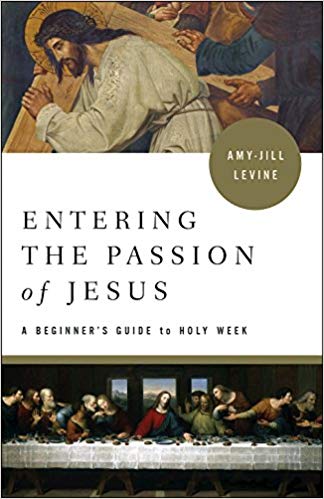Q. One of the most helpful insights that recurs in this study is that a fuller reading of the OT texts alluded to or cited in the Passion narrative, provides a richer understanding of the story in the Passion narrative. For example, the citing of ‘the poor you have with you always’ from Deut. 15.11, as you rightly point out, goes on to exhort the audience in Deut. to open one’s hands to the poor. In other words, Jesus is not providing excuses for not helping the poor in the anointing story. Why do you think it is that Jesus’ partial quotation has been used that way so often, even by Jesus’ most devout followers through the ages? (N.B. it seems to me that Paul’s comment about working in 2 Thess. 3.10 is about clients who are on retainer to a patron and don’t feel the need to work unless the patron says jump and do something. I don’t think it has anything to do with imminent eschatology on their part).
A. I have already noted your phrase about absence of evidence and evidence of absence. For Jews, to cite one part of the text is to evoke the rest of the text. Indeed, the part that is NOT cited, the part we have to fill in ourselves, can be the more important part. My former student, Dr. Nicholas Schaser, completed last year a brilliant dissertation on this topic. On 2 Thess 3 – you may well be right, although I doubt patrons would have patience with clients who do nothing, and I see no compelling reason to read the chapter in light of patronage.












